Running low on time for a recipe requiring rice vinegar? Look no further for a rice vinegar substitute that’ll have you making your dream dish in no time!
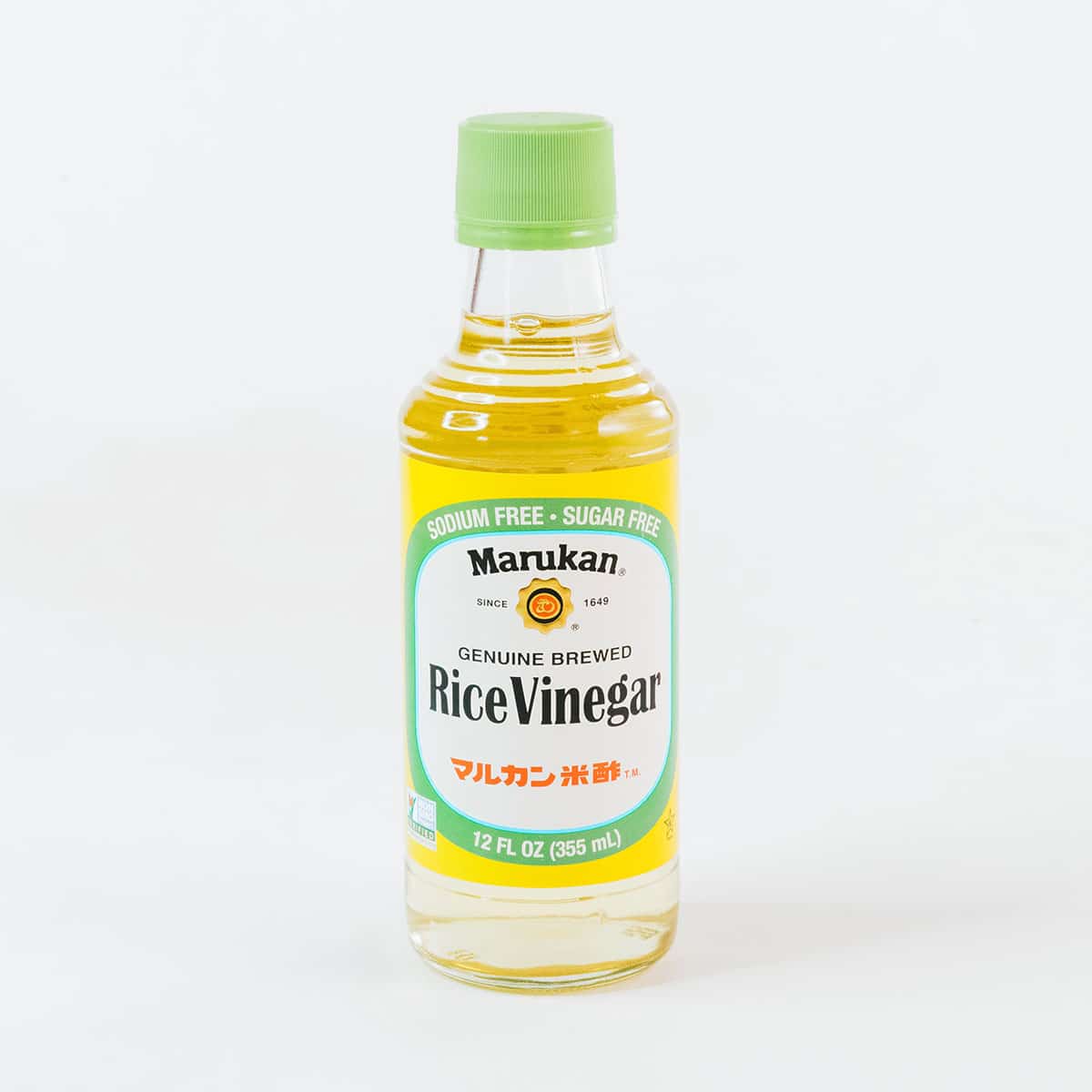
What is rice vinegar?
While all vinegars have that tell-tale acidic, pungent smell and taste, rice vinegar is a little bit sweeter than the rest. It’s most similar in taste to apple cider vinegar. The sweetness is very subtle, but versions of rice vinegar exist with added sugars for a sweeter taste.
Rice vinegar is made, literally, from fermented rice. The sugars in the rice are converted into alcohol, and then into acid. You know, kind of like wine? Except one step further, so it’s vinegar. It’s also not from grapes, but from rice instead. You get the picture.
What is rice vinegar used for?
Rice vinegar is most often used in sauces and stir-fries to add acidity to the flavor. With that little bit of added sweetness, it widens the flavor profile even when you’re just mixing in a little bit. It’s most commonly used in asian inspired dishes. You can put your new rice vinegar knowledge to use some tofu sushi.
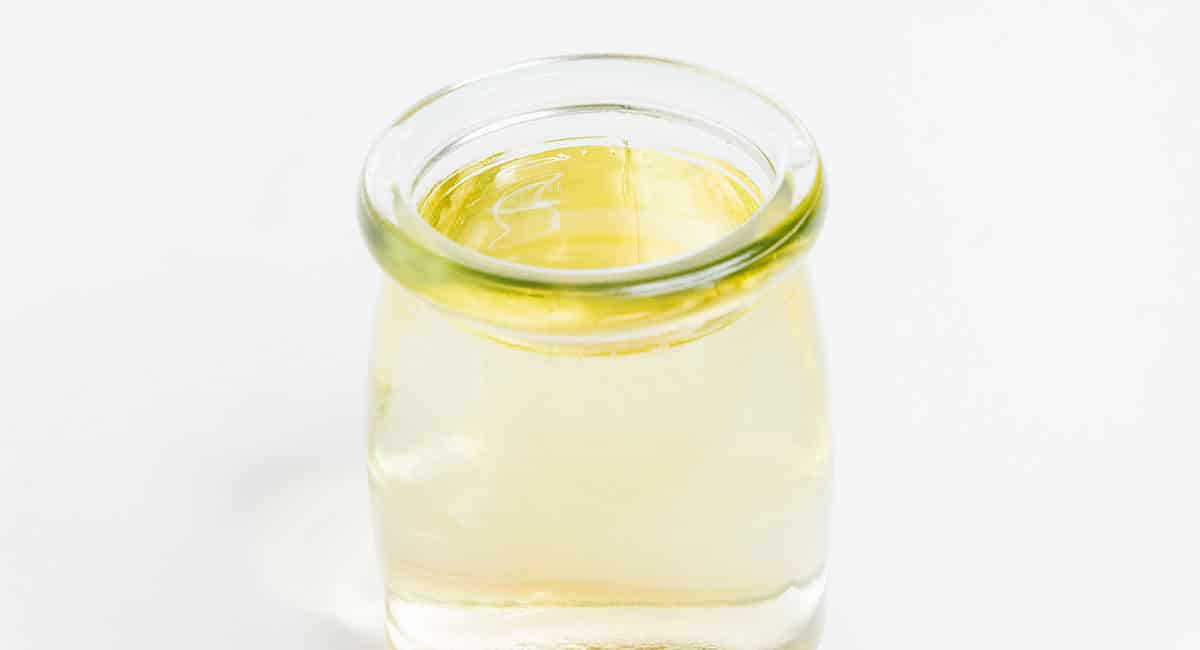
Best Rice Vinegar Substitutes
Can I replace rice vinegar? Yes! The most common rice vinegar substitutes are apple cider vinegar, white wine vinegar, or aciditic citrus juices such as lemon or lime. Read more about each rice vinegar alternative below.
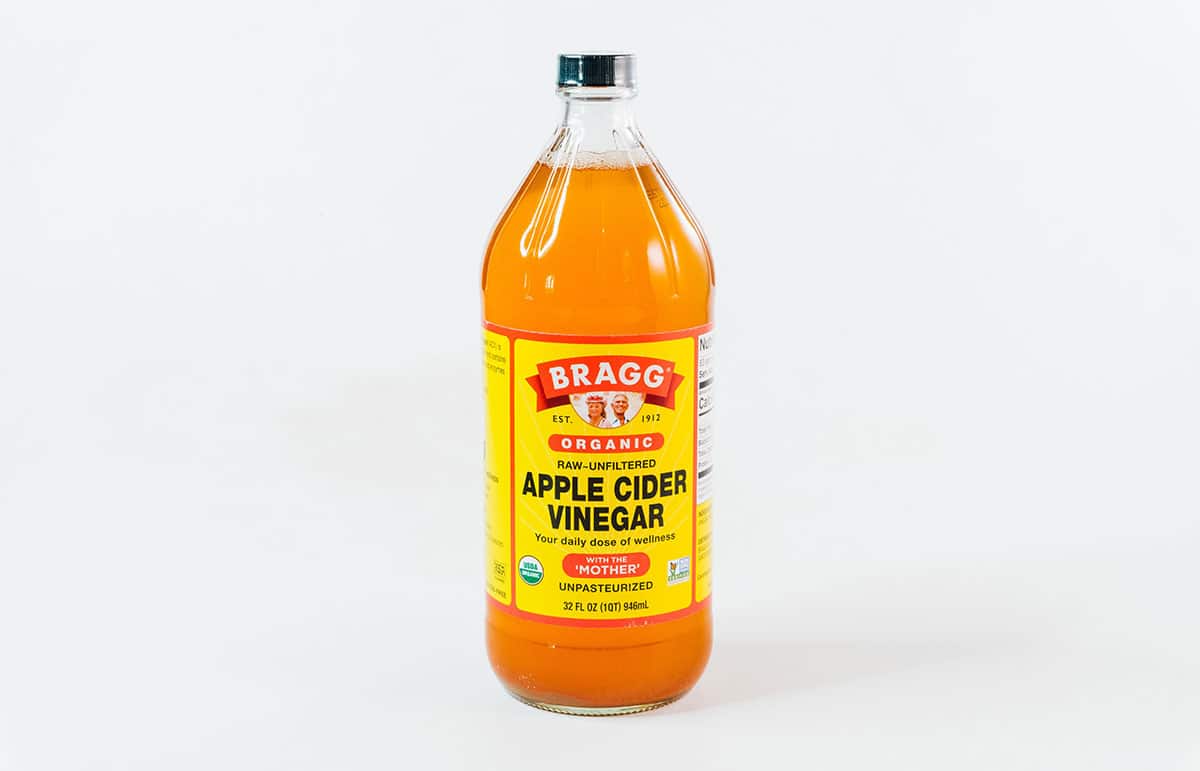
1. Apple Cider Vinegar
The situation: you’re making Thai cabbage salad, but you don’t have rice wine vinegar. You’re panicking. You realize you have apple cider vinegar left over from making vegan ranch dressing a few weeks ago. Can you use that instead? Yes.
You can substitute apple cider vinegar for rice wine vinegar 1:1. Rice wine vinegar is a little sweeter than apple cider vinegar, so to account for this you can add a small amount of sugar to make up the difference – about ¼ teaspoons sugar to every 2 tablespoons of vinegar. Don’t worry too much if you want to skip the added sugar, it’s not a deal breaker.
The main difference between rice wine vinegar and apple cider vinegar is their origin. One starts with rice, the other starts with apples. Given that they’re both produced from sugar, they have a similar sweet and acidic flavor profile.
Keep in mind that although the apple flavor in the apple cider vinegar is mild, you might taste a hint of it in dishes where the vinegar is the main source of flavor.
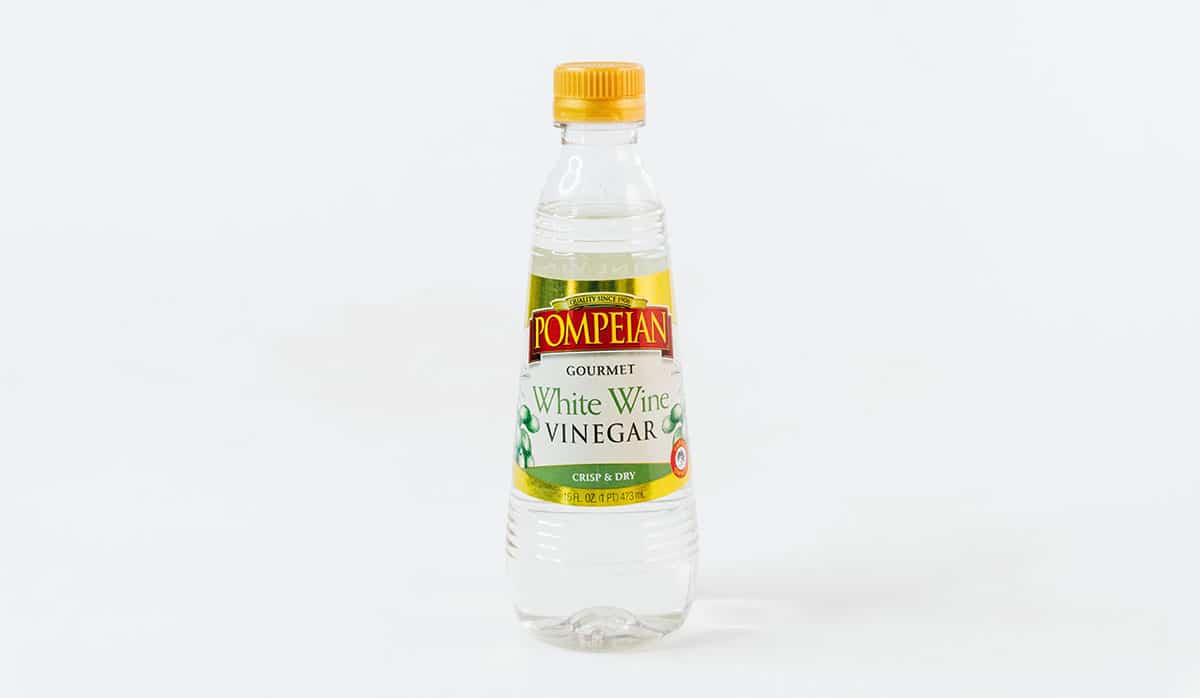
2. White Wine Vinegar
White wine vinegar is a good, basic substitute for a lot of vinegars. It’s less sweet than rice wine vinegar, but still acidic and pungent, as vinegar should be! Don’t confuse this with distilled white vinegar, which is not the same thing. White wine vinegar is made from white wine and has a much milder flavor than distilled white vinegar, making it closer in taste to rice vinegar.
You can use white wine vinegar as a rice wine vinegar substitute by either just substituting 1:1, or adding ¼ teaspoons sugar per 1 tablespoon vinegar if you think the sweetness is necessary for the recipe you’re going for. Filipino veggies anyone?
White wine vinegar tends to be a little more versatile because it’s a less distinct taste than rice vinegar or apple cider vinegar. That also makes it a great substitute. And if you have some left over when you’re done, you can make some tzatziki!

3. Citrus Juices
If you’re cooking regularly, you probably have some lemons, limes, or the juices of either in your arsenal. Or you’re like me and you just really like hugo cocktails and always have limes around for the occasion. Same thing, right?
We all know that limes and lemons are very acidic. That makes them a decent substitute for vinegar in a dish where that’s what you’re going for. Downside: you’ll probably taste the citrus. Upside: you’ll probably taste the citrus.
The substitution will be 1:1. No need to add sugar to this one – citruses have enough flavor and sweetness on their own to do the job. It’s not quite the same as having vinegar in your dish, but it’ll add the necessary bite and acidity you need to complete your masterpiece.

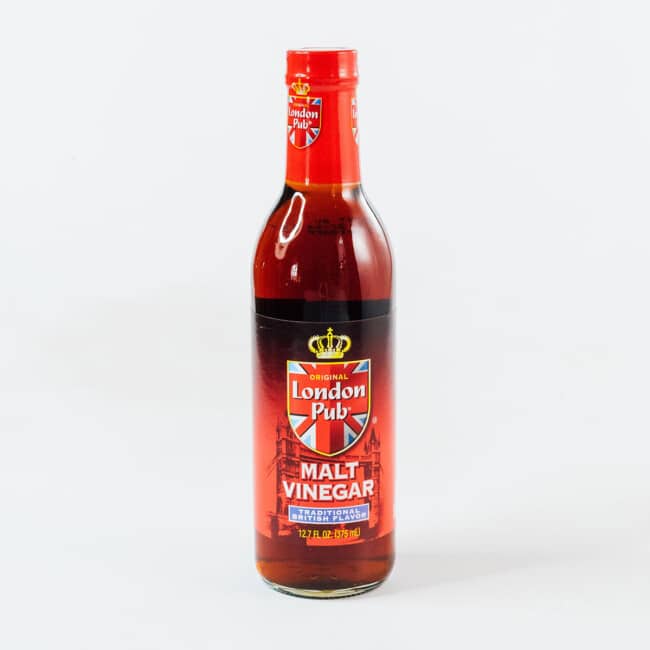
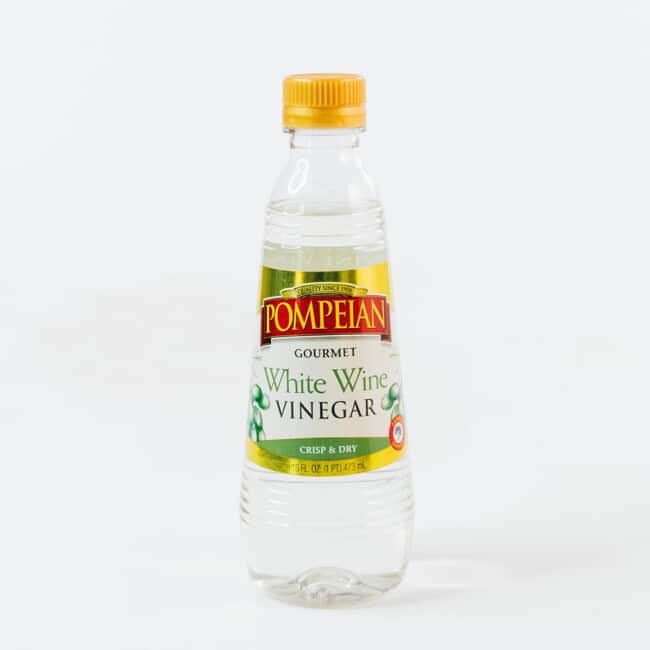


Leave a Comment